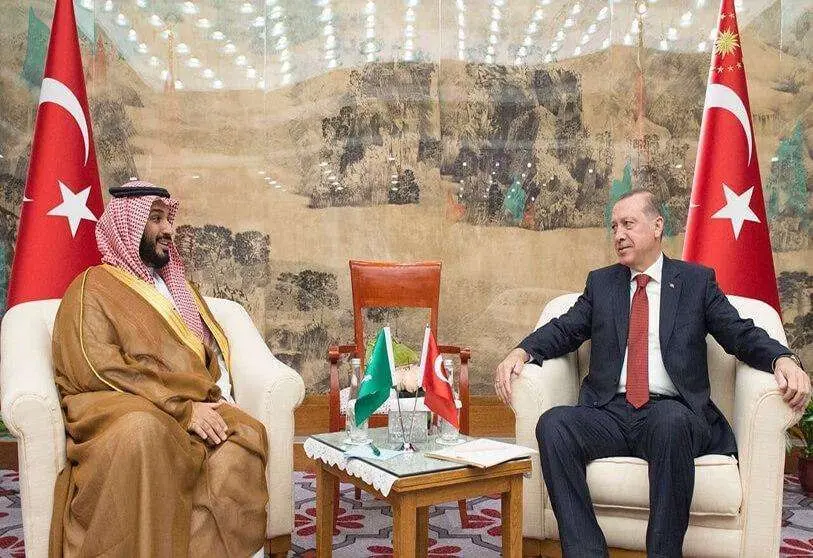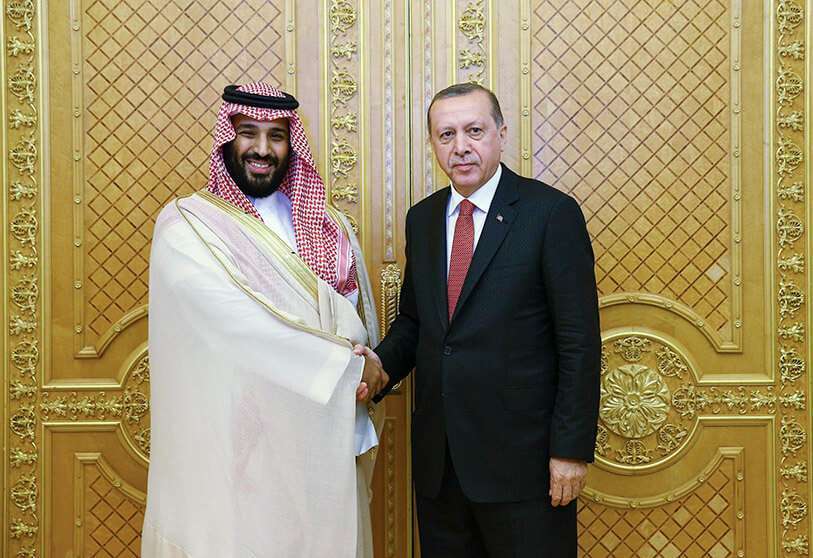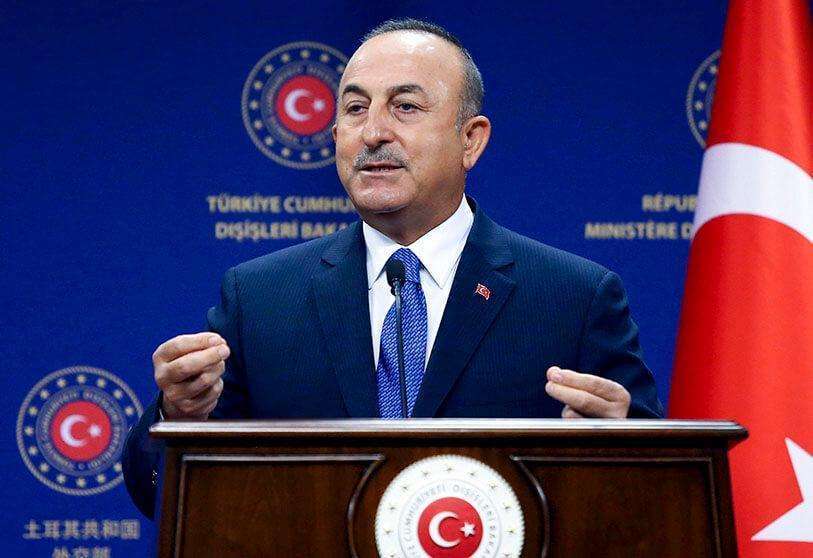Erdogan will travel to Saudi Arabia in February

With Turkey's currency in dire straits, President Recep Tayyip Erdogan is seeking alliances with regional powers to address the economic challenge. Following numerous pressures and complaints from Turkish exporters about restrictions on trade with Saudi Arabia, Erdogan has decided to travel to Riyadh to discuss trade and economic ties with the Kingdom. "They are expecting me in February. They made a promise and I will pay a visit to Saudi Arabia in February," the Turkish leader announced in a video posted on social networks.
This official visit will also focus on bringing the two countries closer together after years of tensions and rivalries. In a November interview on national television, Erdogan already expressed his desire to "work to improve relations with Riyadh" The enmity between Ankara and Riyadh increased markedly after the murder of Saudi journalist Jamal Khashoggi in the Kingdom's consulate in Istanbul in 2018. The death of The Washington Post columnist drove a diplomatic wedge between the two countries as Erdogan claimed that the order for the "savage" murder came from the "highest levels", alluding to the crown prince, Mohammed bin Salman. However, Turkey's relations with the Muslim Brotherhood, an organisation considered terrorist by Saudi Arabia since 2014, have also been a major obstacle to the emergence of a rapprochement between Ankara and Riyadh. Moreover, the conflicts in Syria and Libya have deepened the rift between the two. As a consequence of this strong enmity, Saudi Arabia has decreed a boycott of Turkish products, banned Turkish TV series and closed Turkish schools in the country.

This has dealt a severe blow to Turkey's already ailing economy, and businessmen and exporters have called on the president to take action. Recently, prior to the Turkish leader's announcement to travel to Saudi Arabia, a video of a Turkish businesswoman urging Erdogan to solve the export problem with Saudi Arabia circulated on social media. Also, a meeting of the Turkish Exporters' Assembly (TİM) in Istanbul this week called for solutions to the boycott issue. According to TIM data, Turkey's exports to Saudi Arabia, which amounted to $3.2 billion in 2019 and $2.4 billion in 2020, decreased by about 92% in 2021 to $186 million. Along these lines, the number of Saudi tourists travelling to Turkey has also fallen. Nevertheless, Erdogan believes that "there are very serious possibilities for cooperation between Turkey and the Gulf countries". "I hope to see new cooperation projects based on mutual benefit such as opportunities for joint investments," he added in a televised interview.
In May 2021 Turkey already started trying to repair relations with Saudi Arabia. In that month, Mevlut Cavusoglu visited the Kingdom for the first time since Khashoggi's murder. During the meeting, the two sides agreed to begin a rapprochement. Erdogan last visited Riyadh in July 2017 to address the crisis in the region following the blockade of Qatar by the rest of the Gulf states. Also, in May 2021, before Cavusoglu's visit, he had a telephone conversation with Saudi King Salman bin Abdulaziz. During the call they agreed to 'keep the channels of communication between the two countries open'.

Experts indicate that there is a mutual interest between Ankara and Riyadh to resolve their differences and open a new stage in their bilateral relations. Continued confrontation would lead to further crises, as well as lost opportunities for partnership, especially in the commercial and economic spheres. In this context, Saudi Arabia is also working to improve its ties with Iran. The latest rapprochement meeting was held in Jordan, where Saudi Foreign Minister Faisal bin Farhan Al Saud criticised "Iran's destabilising role in security and stability in the region and its support for certain militias".
Turkey has also developed a rapprochement with the UAE. November saw the first visit of a senior Emirati official to Ankara since 2012. During the visit Sheikh Mohammed bin Zayed announced a $10 billion package to help Turkey overcome serious economic challenges.








